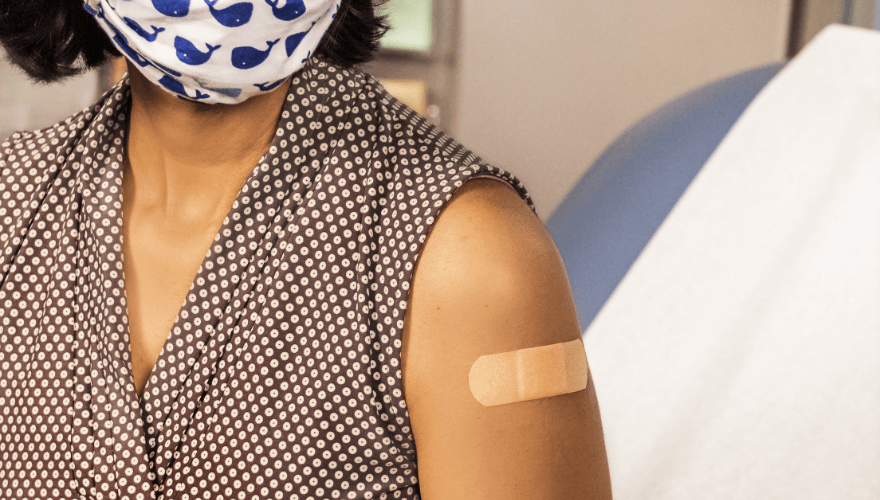The Food and Drug Administration (FDA) as well as the Centers for Disease Control and Prevention (CDC) recently approved the administration of a third dose of the COVID-19 vaccine for certain immunocompromised individuals. In this article, you’ll find answers to some common questions regarding booster vaccines, eligibility, as well as how to stay protected.
Who is eligible for a booster vaccine?
At this time, the CDC is recommending that people who are moderate to severely immunocompromised receive an additional dose.
The CDC outlines this as people who have:
- Been receiving active cancer treatment for tumors or cancers of the blood
- Received an organ transplant and are taking medicine to suppress the immune system
- Received a stem cell transplant within the last 2 years or are taking medicine to suppress the immune system
- Moderate or severe primary immunodeficiency (such as DiGeorge syndrome, Wiskott-Aldrich syndrome)
- Advanced or untreated HIV infection
- Active treatment with high-dose corticosteroids or other drugs that may suppress your immune response
Those who are immunocompromised and have received both doses of the Pfizer and Moderna (mRNA) vaccines are eligible. If you are not currently receiving active treatment for cancer, at this time you are not eligible to receive a third dose. Additionally, boosters have not yet been cleared for other fully vaccinated individuals or for recipients of Johnson & Johnson’s vaccine.
Why should I get a booster?
Cancer patients and others who are immunocompromised sometimes do not build enough protection with an initial vaccine dose. A third dose may boost immunity against COVID-19. The CDC is still recommending that those who are immunocompromised, although fully vaccinated, take appropriate precautions including wearing a mask, social distancing and other proactive measures.
When should I get the booster?
The CDC recommends for people to wait at least 28 days after the completion of the initial 2-dose mRNA COVID-19 vaccine series.
Which vaccine is recommended for the booster vaccine?
It is recommended that the third dose be the same type of vaccine as the first two – For example, if you received the Pfizer vaccine for the first two doses, it is recommended to go with Pfizer for the third. However, a different mRNA vaccine is also acceptable.
Those who are eligible and considering a booster shot should speak with their healthcare provider or oncologist at TOI about their condition(s) and to determine whether getting an additional dose is appropriate for them.
For more information regarding COVID-19, the COVID-19 Vaccine and booster shot – visit the CDC’s website.


